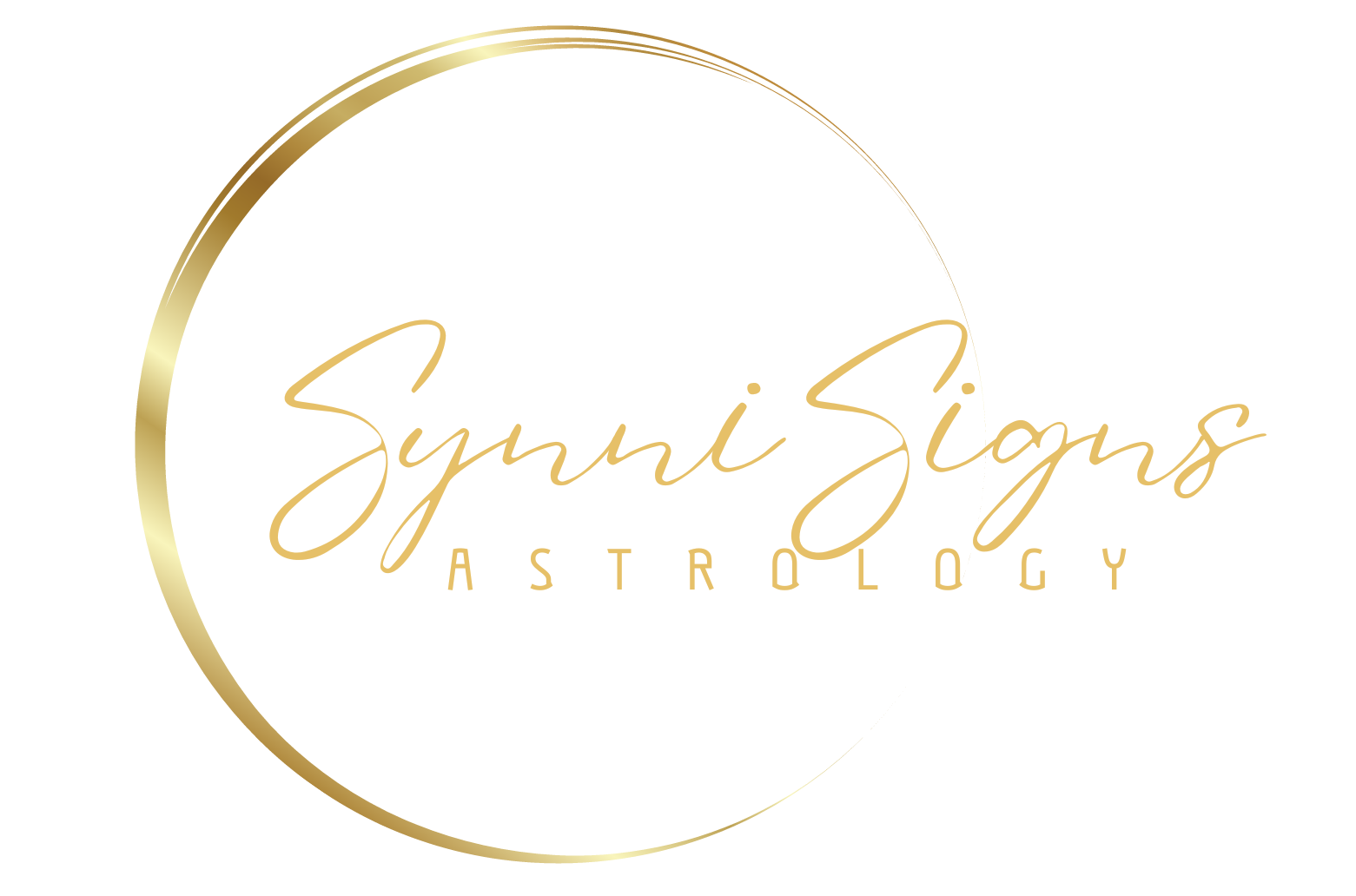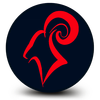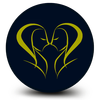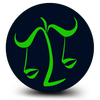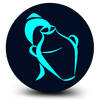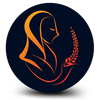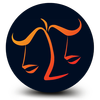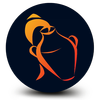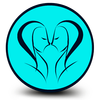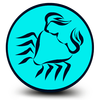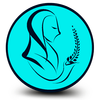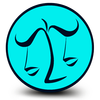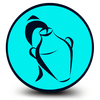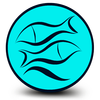In astrology, a horoscope is a chart or diagram that illustrates the positions of the Sun, Moon, planets, astrological aspects, and sensitive angles at a specific moment, such as a person’s birth. The term “horoscope” originates from Greek words meaning “a look at the hours” (horoskopos, pl. horoskopoi, or “marker(s) of the hour”). Additional frequently employed terms for the horoscope in English comprise astrological chart, astro-chart, celestial map, sky-map, star-chart, cosmogram, vitasphere, radical chart, radix, chart wheel, or simply chart.
It’s employed as a method of divination concerning events corresponding to the specific moment it depicts, forming the foundation of horoscopic traditions in astrology. Nevertheless, no scientific studies have demonstrated the accuracy of horoscopes, and the methods utilized for interpretations are, at best, pseudo-scientific.
In everyday language, “horoscope” often refers to an astrologer’s interpretation, commonly through systems like Sun sign astrology or based on the calendar significance of an event, such as in Chinese astrology. Many newspapers and magazines feature predictive columns based on celestial influences relative to the zodiacal position of the Sun on a person’s birth day, identifying their Sun sign or “star sign” based on a conventional zodiac (which differs from the celestial one). This concept is distinct from horoscopes as traditionally used, where only the traditional zodiacal placement of the Sun is considered in interpretation.
In order to create a horoscope the following areas need to be considered:
The 12 Zodiac Signs
The Planets
The Houses
Elements & Qualities
The Aspects
Planets in Houses
Planets in Signs
House Types
Empty Chart Areas
Ruling Planets
